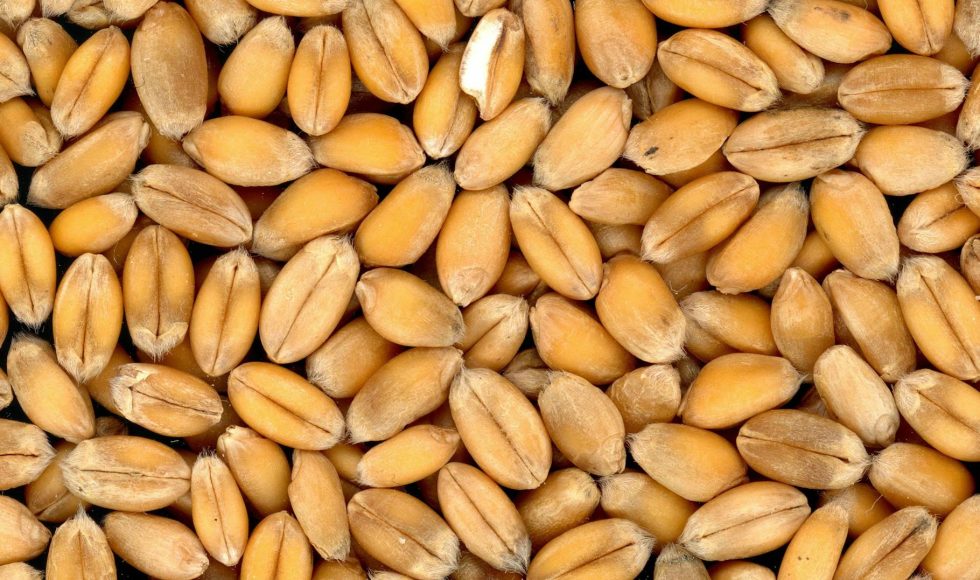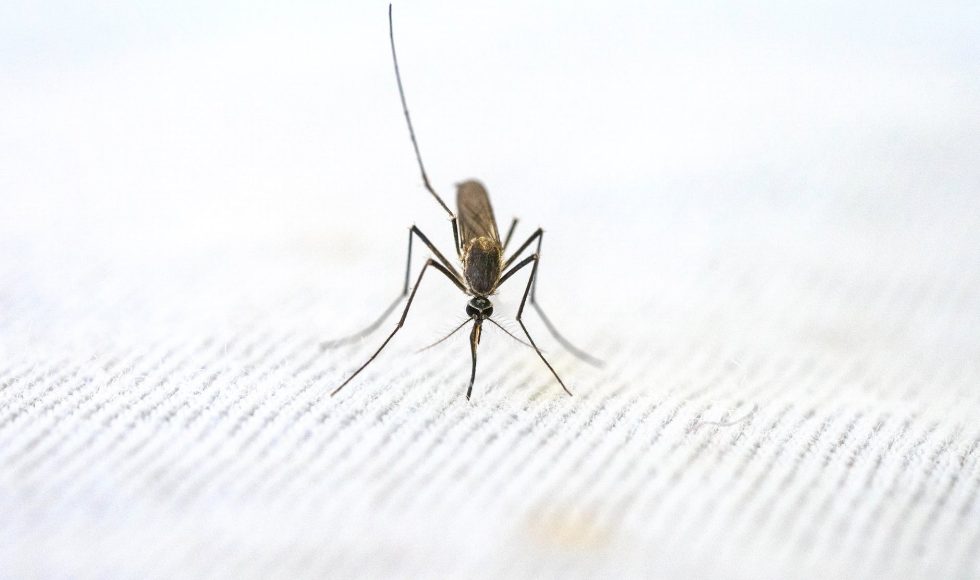Rachel Tarlinton from the University of Nottingham in the UK presented at London Calling 2019 on “Retroviral invasion of the koala genome.” Tarlinton spoke about the geographic and dietary features of koalas. Koalas live most of their lives on top of trees. In the 1800s and early 1900s, Southern koalas in Australia were almost wiped […]
Tonight, I watched Kimmo Palin from the University of Helsinki present at London Calling 2019 on “Retrotransposon variation in human genome and tumorigenesis.” They began by discussing retrotransposons and describing them as “copy-paste elements” in the genome that copy themselves with an RNA intermediate. They range in size between 300 bp and 6,000 bp. LINE1 […]
We are looking into the possibility of sequencing the genomes of ancient beans and corn. The London Calling 2019 session by Margaret Fleming from Clemson University seemed appropriate for tonight. The title of the session was “Using full-length transcript sequencing to reveal the fate of mRNA in aging seeds.” Seeds are not rocks: they are […]
Tonight, I found the “Mobile Malaria Project” session from London Calling 2019. Jason Hendry from the University of Oxford in the UK presented their malaria work. Fifty percent of the population was at risk in 2017! In 2008, resistance to artemisinin was found in Cambodia. In 2014, resistance spread across Southeast Asia. Chloroquine was the […]
Tonight, I watched an Oxford Nanopore Technologies (ONT) video titled “Totally off-grid nanopore sequencing.” In April 2019, Glen Gowers and a group did an expedition to Vatnajokull in Iceland. They wanted to understand the invisible microbial world in extreme environments. The team had three members. The team did completely off-the-grid sequencing without backup energy. They […]
Anika Kinkhabwala, a Genomics Manager with EpiBiome, presented at the 2017 Nanopore Community Meeting on “Understanding phage-bacterial host interactions for smarter therapeutics.” They spoke about the trends of antimicrobial resistance. EpiBiome is working with phages. Kinkhabwala noted that phages are very specific and recognize cells. Phage research has been happening since the 1920s. EpiBiome uses […]
Sarah Stellwagen from the University of Maryland, Baltimore County, spoke at the Nanopore Community Meeting 2019 on arachnids! The title of the session is “Advances in arachnid genomics using Oxford Nanopore’s MinION.” They study spider silk genetics and also harvestmen. Stellwagen explained that there are several different types of silk to make egg sacs, joints, […]
Allison Guitor spoke at the Nanopore Community Meeting 2019 on “Harnessing long-read sequencing for antibiotic discovery.” Guitor is from McMaster University in Canada. They noted that antibiotic resistance is on the rise, and there are multidrug-resistant infections. One of the challenges is that bacteria have membranes and mechanisms to remove antibiotics. Guitor shared a timeline […]
Tonight I watched the session by Alyssa Barry from Deakin University in Australia. They presented on “Targeted nanopore sequencing using hybridisation probes reveals immune escape polymorphisms in malaria vaccine candidates.” Barry mentioned this work was done by a Ph.D. student in their lab. Barry spoke about malaria vaccines and the challenges with immune escape. The […]
“Single-cell full-length nanopore sequencing for quantitative variant analysis of native and genome-edited mitochondria” is the title of the London Calling 2023 lightning talk I watched tonight. The presenter was Mo Li from King Abdullah University of Science and Technology (KAUST) in Saudi Arabia. Li spoke about the human mitochondrial genome (mtDNA) and the challenges in […]











